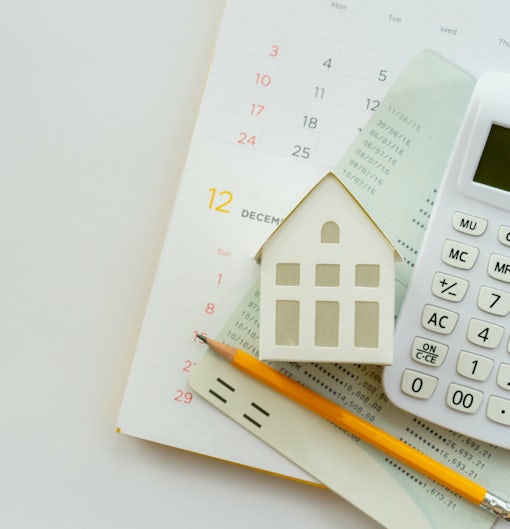A ‘buy-to-let’ has the potential to generate an income and be a good investment, however, often when yields are high, capital growth may fall and vice versa.
Investors guide
A guide to choosing a Buy-to-Let property
- Don’t let personal taste influence you. This an investment, so you want to ensure that the property you buy will appeal to the tenants who rent in that market place.
- Budget carefully. You must ensure that the income is sufficient to cover your costs and allow for any void period when there is no tenant and no rental income. Ask us about how we can negate this issue through our Guaranteed Rent scheme. Your expected rental income must exceed your buy to let mortgage repayments by a certain percentage – for example, your mortgage lender may require a rental income of 130% of your monthly mortgage payments. Your mortgage advisor will provide this information.
- Decorate, fit out and furnish to high quality standards, especially kitchens and bathrooms, to attract the best tenants and let quickly every time. Avoid properties which may require lots of maintenance.
- Check to see if properties in the area you have selected are renting and for what price. If there are a lot of properties on the market in the immediate vicinity, ask yourself why?
- Local transport links and facilities are crucial as these are important factors for many tenants.
- Check to see if neighbouring properties are looked after as external appearance often reflects the occupants.
- Instead of imagining whether you would like to live in your investment property, put yourself in the shoes of your target tenant. Who are they and what do they want? If they are students, it needs to be easy to clean and comfortable but not luxurious. If they are young professionals it should be modern and stylish but not overbearing. If it is a family they will have plenty of their own belongings and need a blank canvas.
- Don’t use off-the-shelf tenancy agreements from Her Majesty’s Stationary Office or law stationers, or forget to issue the right notices or fail to have a proper inventory and condition report made before a tenant moves in. Leave all documentation to a professional agent.
Northwood letting services options
Many agents offer a number of services for Landlords. Northwood offers all these in addition to our Guaranteed Rent service.
Yield vs. Capital Growth – what’s the balance?
The yield of the property tells you the annual return on your investment. The gross yield is calculated by looking at the rental income you receive as a percentage of how much the property cost. Agents fees and VAT can be significant, which is why our Guaranteed Rent scheme is preferred by many landlords.
If your annual rental income is £20,000 and the property cost you £200,000, your gross yield is 10%.
This is a basic example and does not take into account all your costs such as mortgage, repairs, service charges, agents fees etc. Once you take your costs into account, you are left with your net yield.
Remember, many of these costs can be offset against tax, so it is worth speaking with an accountant.
Most agents will quote you a market rent, but this is not the rent you will actually receive as it doesn’t allow for the deduction of the agents commission, set up fees, administration costs and VAT. There may also be additional fees during the tenancy, at renewal or for inspections.
You must also allow for void periods where you may not have a tenant.
Solely focusing on achieving the highest possible yield by setting a high rent on a property may be counter-productive. It may prove harder to rent the property risking costly void periods. With our Guaranteed Rent scheme, void periods and fees are something for other investors to worry about as we don’t charge fees and pay your rent even when there is no tenant.
Gross Income – Costs = Net Income
Net Income ÷ Purchase Price x 100 = Net Yield
Capital growth
This is simply the increase in value of your property since you bought it, expressed as a percentage.
Sales Price − Purchase Price = Increase
Increase ÷ Purchase Price x 100 = Capital Growth
Tax and Allowable Expenses
Of course, as with all income, you will have to pay tax however you can claim some expenses and reduce your property tax bill. You are strongly advised to seek expert advice from an accountant as rules on tax change frequently.
Allowable expenses may be deducted by landlords.
You can also deduct any allowances to which you are entitled. Below are some allowable expenses a landlord can claim:
- Water rates, council tax, gas and electricity if paid by the landlord
- Maintenance and repairs to the property (but not improvements) contents insurance
- Interest on a mortgage to buy the property
- Costs of services & contractors including the wages of gardeners and cleaners
- letting agents fees
- legal fees for lets of a year or less, or for renewing a lease of less than 50 years accountant’s fees
- Ground rents and service charges
Allowable expenses don’t include ‘capital expenditure’ – like buying a property or renovating it beyond repairs to wear and tear.
Remember that property prices can go down as well as up both in terms of sale price and rental values. You should always seek independent advice and view such investments as long term.





